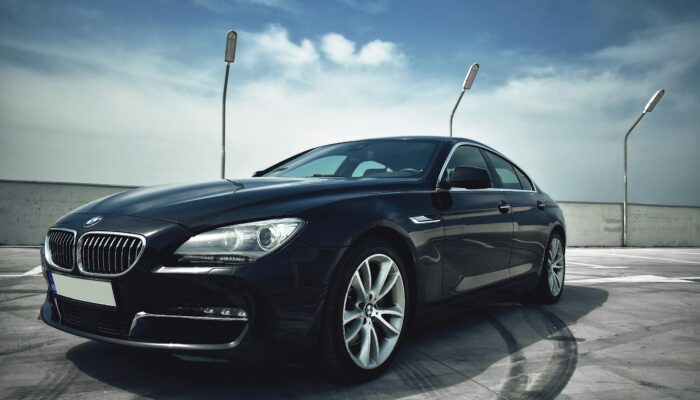Uzone.id – The future of cars with internal combustion engines, aka Internal Combustion Engines (ICE), is becoming a hot topic of discussion in the global automotive industry. This is due to the issue of climate change which is driving the transition to greener or environmentally friendly energy. Some countries have also set ambitious targets to reduce vehicle exhaust emissions. The question is, when will internal combustion engine cars really stop being produced?
As mentioned previously, several countries have set ambitious regulatory targets for banning the sale of internal combustion engine cars.
For example, countries in the European Union have planned to ban the sale of new cars with petrol and diesel engines by 2035. This means that there is more than 11 years for these countries to switch to electric or hydrogen cars.
“We want to end the era of petrol and diesel engines in Europe,” said Ursula von der Leyen, president of the European Commission, as quoted by Reuters.
Britain is also a more ambitious country than countries in the European Union. This kingdom plans to ban the sale of new cars with petrol and diesel engines by 2030. This means that there are around 6 years left for the automotive industry to be able to sell cars with internal combustion engines.
“This is a defining moment for Britain and the world. We must act now to end our dependence on fossil fuels and build a cleaner and greener future,” explained Boris Johnson as British Prime Minister to the BBC.
Next is Scotland which wants to ban the sale of new cars with petrol and diesel engines. It’s just that this country is in the middle between the UK and the European Union, because it aims to announce the sale of cars that produce emissions by 2032. Even more ambitious, by 2045 the Scottish government wants all vehicles on its roads to use zero-emission vehicles.
“We must act now to tackle climate change and build a more sustainable future for future generations,” said Nicola Sturgeon as First Minister of Scotland to the BBC.

Norway has the highest ambition target, this country has set a target to strengthen sales of low-emission cars by 2025. This means that there is only one year left, the automotive industry doing business in that country can only sell electric cars.
“We want to be the first country in the world to be free from car emissions,” Norwegian Prime Minister Erna Solberg told Insideevs.
A number of experts say that the targets and restrictions that have been set still have many challenges that hinder the growth of electric cars in a country. One of the main challenges is charging power infrastructure which is still uneven in many countries. Plus, the official price tag for electric cars is still quite high compared to conventional cars.
Even though these challenges are real, internal combustion engine cars will eventually be completely replaced by electric cars in the next few decades. Several factors will support this transition, such as decreasing battery prices which are believed to become cheaper, making electric cars affordable, then increasing investment in technological development which continues to increase which can encourage the latest innovations, coupled with public awareness of climate change and the greater benefits of electric cars. Lots. Minimal maintenance.
In the end, it is still uncertain when cars with internal combustion engines will stop being produced. On the one hand, there are urgent targets and prohibitions from stakeholders in several countries to stop production.
Switching to an electric car still has many challenges that must be overcome. However, automotive experts believe that electric cars are truly the future of vehicles in the world and will replace conventional cars in the next few decades.
















